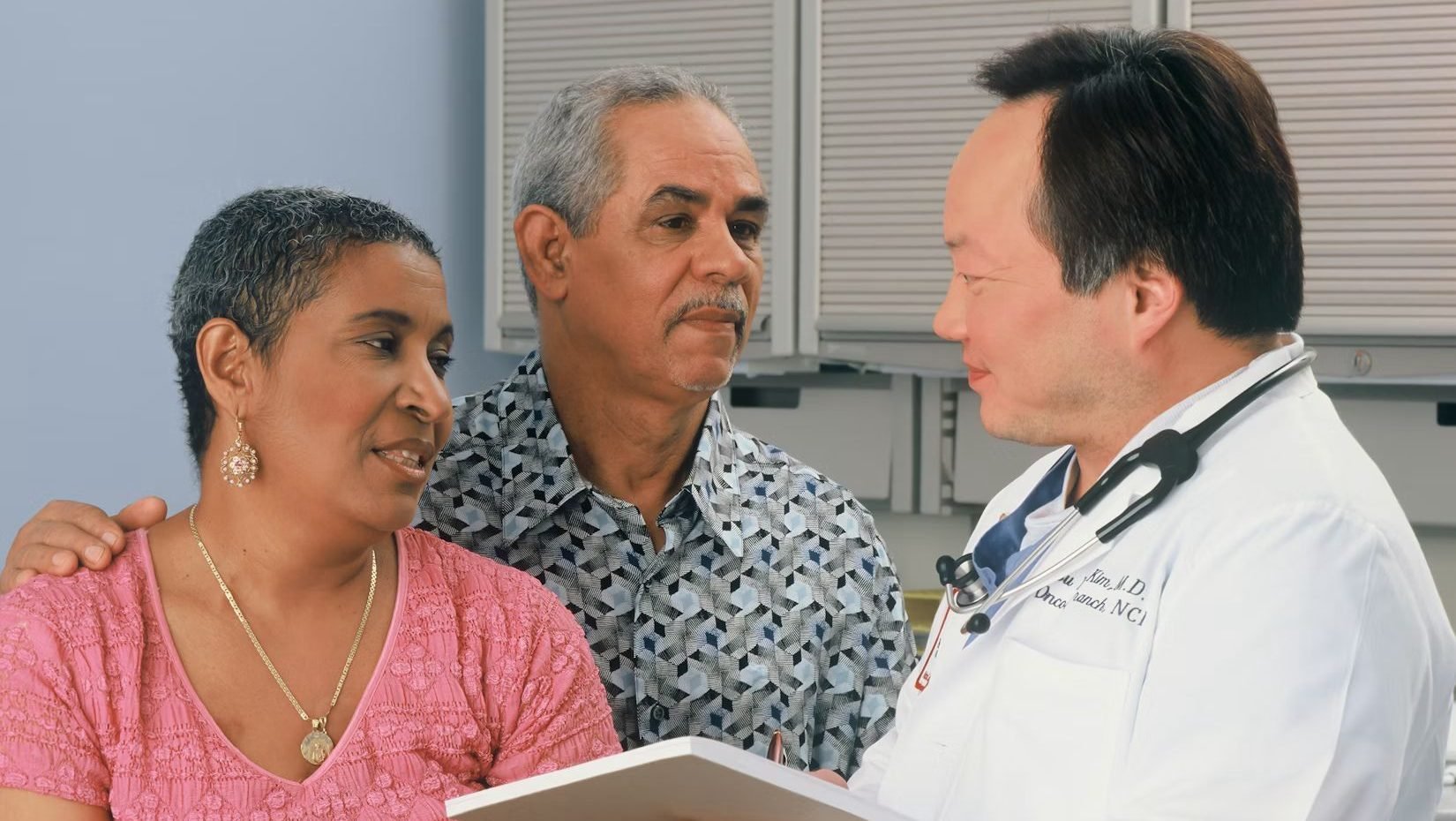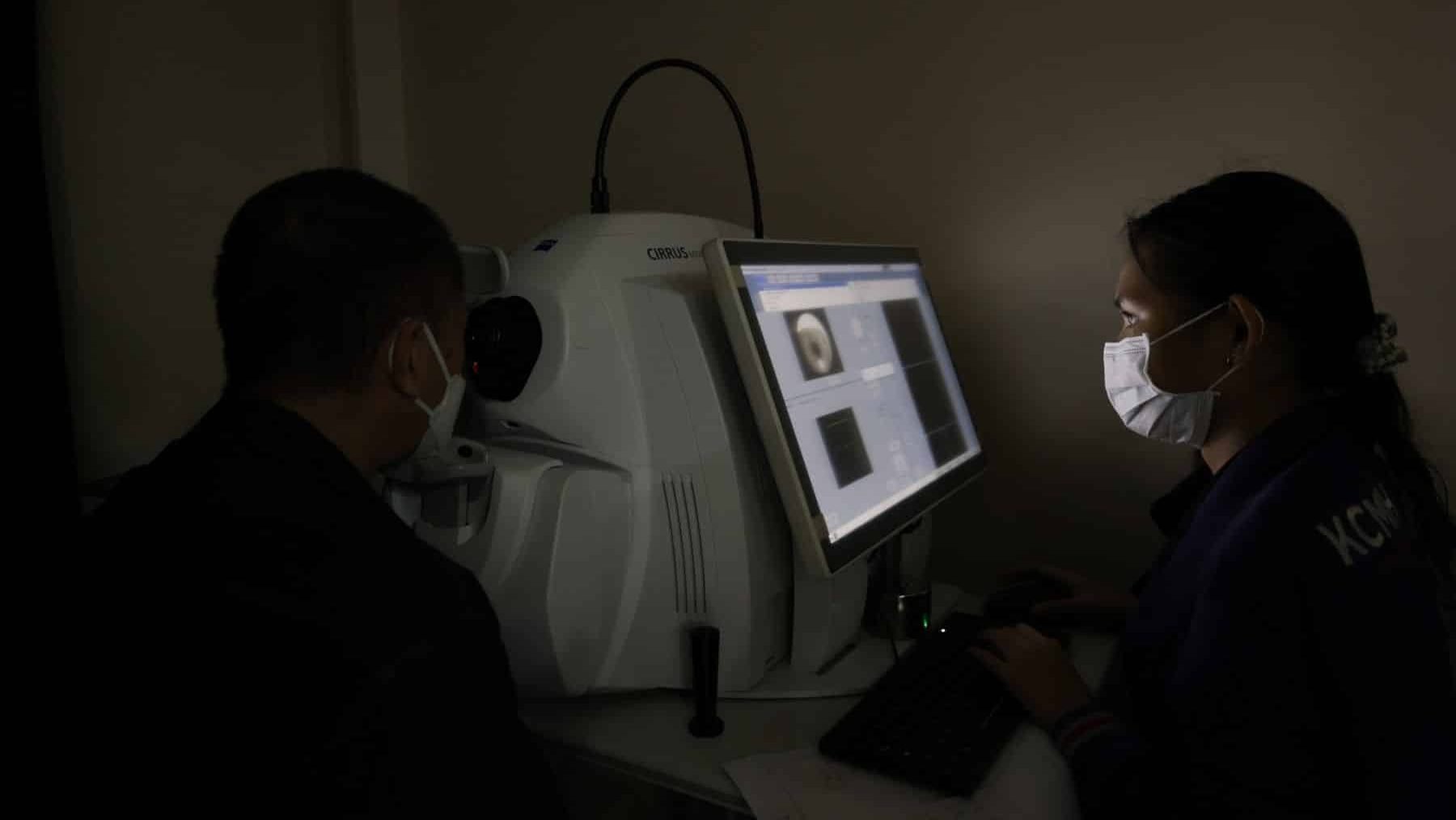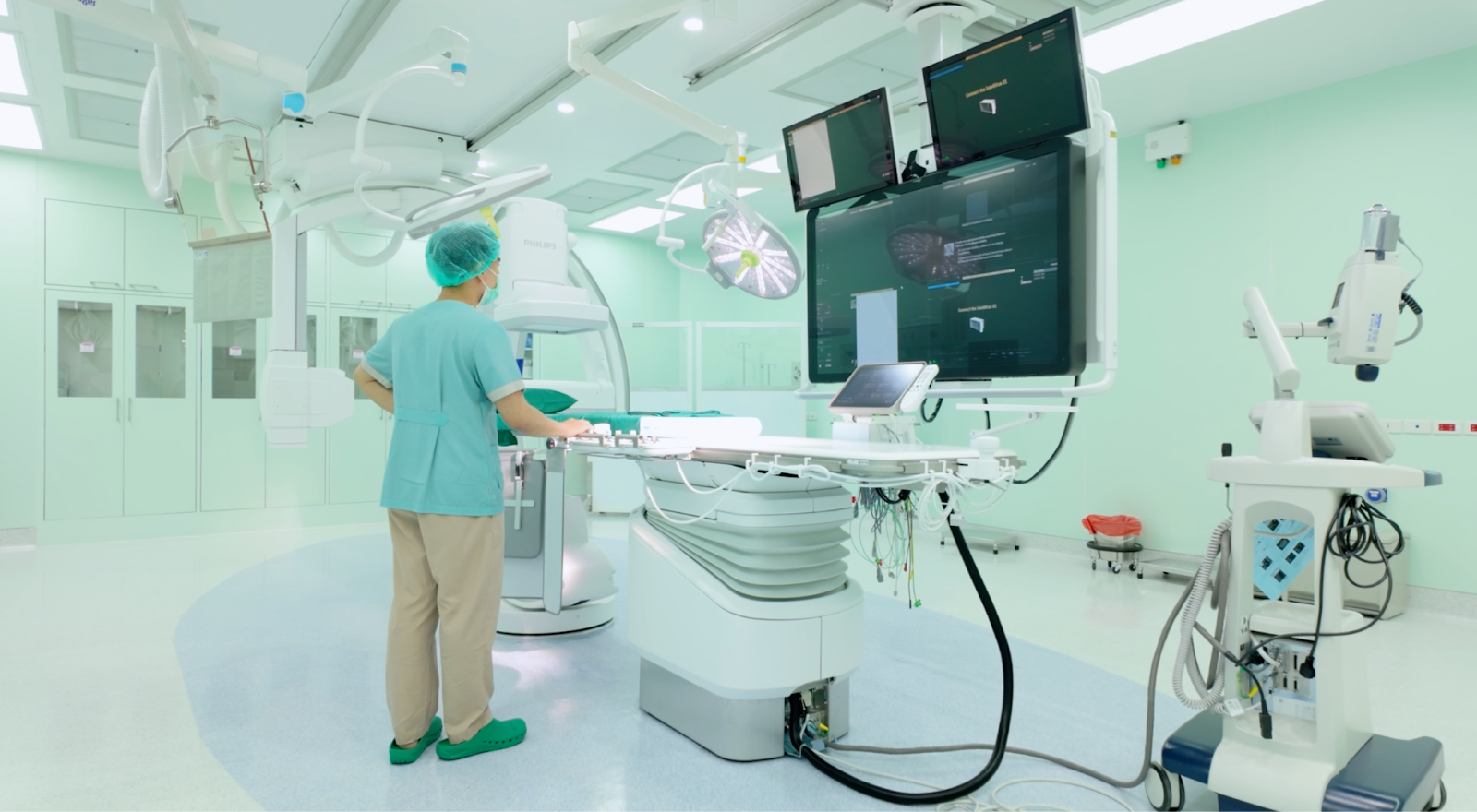Expat guide to Thailand’s healthcare system: Public vs private hospitals compared
A look at how Thailand's public and private hospitals work and what expats can expect from each system

The Thaiger key takeaways
- Thailand offers dependable healthcare through both public and private hospitals, each with strengths that suit different needs and budgets.
- Public hospitals provide skilled doctors and low-cost care, though the process moves at a slower pace with longer queues.
- Private hospitals offer fast service, English-friendly staff, and modern facilities, but come with higher prices that are easier to manage with good insurance.
Moving to a new country means you have to figure out a few things, and healthcare is often one of the first on the list. Will you get the medication you need? Will the doctors understand you? Or will you be able to afford the care?
Fortunately, Thailand has excellent healthcare with well-trained doctors, modern hospitals, and well-stocked pharmacies. In fact, it’s among the most popular medical tourism destinations in the world. However, you’ll find two types of hospitals in the country: public (government) and private hospitals. Each one works a little differently, so it helps to understand what you can expect from both.
Here’s what you need to know before choosing where to go.
Public hospitals in Thailand

Public hospitals in Thailand, sometimes called government hospitals, usually operate under the Ministry of Public Health. They range from local clinics to large university hospitals.
Whatever their size, you’ll notice that the doctors are capable and well-trained. Many are specialists in their fields, and university hospitals, such as King Chulalongkorn Memorial Hospital and Siriraj Hospital, often have some of the most advanced equipment available.
The experience, however, comes with certain realities. Because public hospitals serve the majority of the population, they run busy clinics and operate on a queue-based system. A routine consultation may involve several hours of waiting, elective procedures may take months to schedule, and registration often requires in-person visits.
Language support depends on where you go. In Bangkok and other major cities, you’ll find English speakers here and there, though not in every department. Outside these areas, communication can be more limited. The care is reliable, but you need to be prepared for a slower pace.
Private hospitals in Thailand

Private hospitals are where most expats in Thailand end up for medical care. You walk in, register within minutes, and see a doctor without waiting long. Most staff speak English comfortably, and the facilities are clean and modern. If you arrive with a sudden problem that needs quick attention, you’ll appreciate how efficient the experience is.
Top private hospitals in Thailand are well known for their comfort and high standards. Imaging, diagnostics, and specialist care are all available in-house, and the setting feels calm and organised. Some facilities, such as Bumrungrad International, Bangkok Hospital, and Samitivej, are JCI-accredited, which signals adherence to global safety and quality benchmarks. These hospitals attract patients from more than 190 countries and are well known in the region.
The only part you need to prepare for is the price. Private hospitals charge more than public hospitals, and a short visit can become costly if you need scans or additional tests. With good insurance, the bills are manageable. Without insurance, the cost can add up quickly.
How to pay for your healthcare in Thailand

If you’re employed by a Thai company, part of your salary goes to the Social Security Scheme. This gives you access to an assigned public hospital for necessary treatment. It’s a good baseline, though not always enough for expats who prefer more options or quicker service.
Most expats choose private insurance. You’ll find two main types:
Local insurance
Local insurance plans are sold by Thai companies and are usually more affordable than international options. Claims are processed quickly, and most plans use set limits per visit or per treatment rather than one large annual limit. Some newer plans offer broader coverage, though the overall limits are still lower than what you’d get from international insurance.
International insurance
International insurance works a good option if you travel often or want broader coverage outside Thailand. These plans usually provide higher coverage limits and allow you to receive care in multiple countries. Premiums are higher, and claim processing can take more time, but the flexibility appeals to many long-term expats.
Whichever option you pick, direct billing helps a lot. It allows hospitals to bill your insurer directly, so you don’t need to pay large amounts upfront.
Public vs private: quick comparison

If you’re trying to choose between the two systems, the difference comes down to a few simple points.
Public hospitals give you reliable treatment at very low cost. The doctors are skilled, the equipment in major centres is modern, and the medication prices are friendly. What you trade for this is comfort and time. You sit with a queue number, so you need to wait longer. You may also face a language barrier. If those things don’t bother you, the public system may serve you well.
Private hospitals give you speed, convenience, clear communication, and a polished environment. You pay more, but you spend far less time waiting. You have an easier time describing symptoms in English and you can see specialists quickly. If you value simplicity and comfort, private hospitals feel like the natural choice.
| Category | Public Hospitals | Private Hospitals |
| Cost | Lower | Higher |
| Waiting time | Longer | Shorter |
| Doctors | Skilled and experienced | Skilled and experienced |
| Facilities | Functional | Modern and comfortable |
| English support | Varies by location | Consistent in most departments |
| Access | Assigned if using Social Security | You choose your hospital |
| Best for | Affordable care | Fast service and convenience |
Where to go when you need care
Both public and private hospitals in Thailand offer proper medical care. Public hospitals give you affordability and reliable treatment. Private hospitals give you comfort and speed. Your choice will depend on your budget, your insurance, and how much time you’re willing to spend at the hospital.
If you sort out a good insurance plan and choose a hospital you feel comfortable with, the healthcare system in Thailand becomes easy to manage. The country offers solid medical care, helpful staff, and wide access to medication, so you’ll be well supported no matter which option you choose.
Latest Thailand News
Follow The Thaiger on Google News:


























